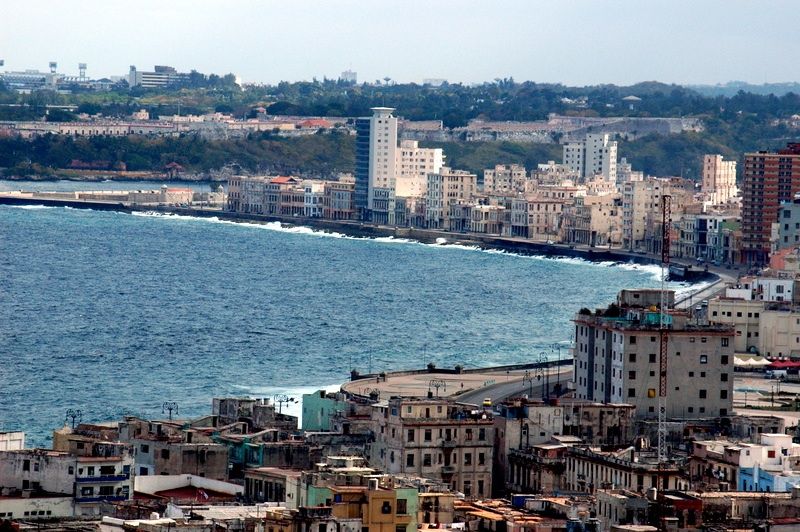When Cuban authorities threw Martha Beatriz Roque in jail in 2003, they accused her of taking money from the enemy: the U.S. Now out on parole, the dissident leader is unapologetic and remains a supporter of U.S. pro-democracy programs.
"One must eat," Roque, 65, said from her living room in Havana. "People can't live on politics alone."
But U.S. government programs aimed at helping dissidents and boosting democracy in Cuba remain controversial in both Havana and Washington.
Cuban authorities see the pro-democracy programs as an attempt at regime change. And they say they have living proof: Alan Gross, a development worker who was detained in Cuba one year ago today and accused of distributing illegal satellite communication gear.
Gross, 61, of Potomac, Md., was working for a U.S. subcontractor that was carrying out a pro-democracy program on behalf of the U.S. Agency for International Development, or AID.
The agency has spent at least $140 million on pro-democracy programs in Cuba since 1996. AID says it has used the money to help dissidents, political prisoners and their families; to strengthen civil society organizations; and to improve the flow of information to and from the island.
"There are many groups and individuals inside and outside Cuba who believe the funds are useful in supporting their ability to carry out their activities and promote fundamental freedoms," AID said in response to a request for comment.
Some critics question the legality of AID programs in Cuba.
"Sadly, I believe Alan Gross may stay in jail a long time, as long as these programs continue," said Tony Martinez, editor of the United States Cuba Policy & Business Blog. "I see the key to unlocking his freedom lies in our ending these covert and subversive programs."
Defenders of the programs scoff at that kind of talk. They say the Obama administration needs to strengthen – not weaken – its support for Cuban dissidents. But as pro-democracy advocate Frank Calzon sees it, U.S. diplomats have adopted a policy of "aggressive niceness" toward the socialist government.
A congressional staffer acknowledged that the AID programs were undergoing a "course correction."
"The intent is to make them less hostile," the staffer said, but hard-line activists and officials are "fighting tooth and nail" to keep them as they were under President George W. Bush.
These bureaucratic tangles have slowed disbursement of AID funds. Only in recent months has the agency been distributing $15.62 million that was budgeted for the fiscal year that ended Sept. 30, 2009.
"The vast majority of this money is intended for individuals on the ground in Cuba," AID said in its statement.
Roque said she'll continue her fight for freedom despite any controversy.
She received a 20-year prison sentence in 2003 but was released because of failing health in 2004.
Supporters of the socialist government regularly harass and threaten her. She said state security agents also keep her under surveillance "every second, every minute of the day."
"This is our life," she said. "And it's a very unpleasant life, but it's our reality, and it's how we live."
